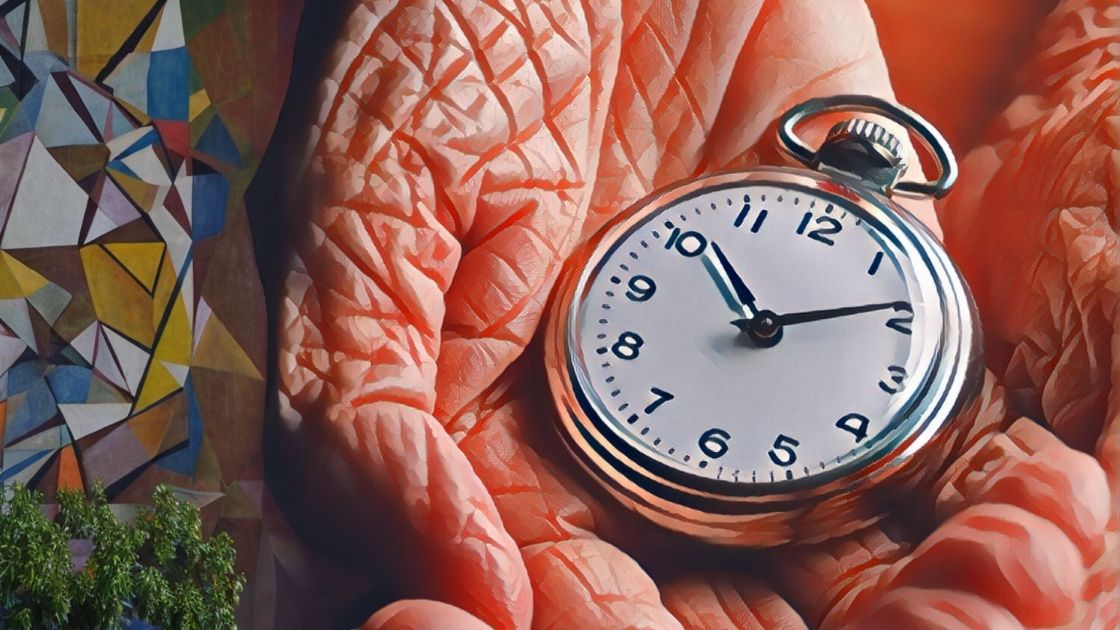Biological age shows how your lifestyle and genetics interact to estimate your cellular age more accurately than what the calendar says (chronological age). These biological age calculators are based on algorithms created using large population data sets and mortality outcomes.
Calculators for predicting biological age:
1)Aging.ai – You can input your basic blood test biomarkers along with age and weight. It will predict your biological age. The information on how it is calculated is included in this research paper: https://academic.oup.com/
2) There is a second way of predicting biological age based on blood test biomarkers. The calculator is available on Google Drive. You will need to download it and open it in Excel or Google Sheets to use it. It is based on this research paper: https://www.ncbi.nlm.nih.gov/
For me, the two calculators came up with different biological or phenotypical ages (aging.ai says 34 and the ptypic age calculator says 38). I was using blood work from a couple of years ago, so I would have been 46 when I got it done. (I think the aging.ai may be skewed a lot for me since I benefit from a PCSK9 variant that lowers cholesterol.)
3) Frailty Index – This article includes (towards the bottom) an old-school way to calculate your age by adding up your score for the “Frailty Index”. The concept is based on this 2017 study on aging.
A recent study on biological age tests:
In a new 2024 study published in Aging Cell, researchers examined how the results of biological age tests can vary depending on the time of day.
They tested several biological age models, including Horvath and GrimmAge, by taking blood samples from an individual every three hours throughout the day. The findings revealed significant differences in the results based on the time the sample was taken. For instance, one model showed a five-year difference between noon (older) and midnight (younger)! Additionally, the study found that about 17% of the epigenetic sites in the Horvath clock oscillated over a 24-hour period.
To give you a visual idea of these fluctuations, here’s one of the figures from the study:

The researchers noted that part of the variability in biological age measurements is due to the immune system’s natural fluctuations throughout the day. Cells such as natural killer cells, T lymphocytes, and B cells cycle in response to daily rhythms. Your immune response doesn’t need to be on high alert while you’re sleeping, so your body shifts its focus to other cellular processes at night.
The practical takeaway is: If you want to get your lowest biological age reading, take the test at night or early in the morning. Testing at noon tends to show an older biological age. More importantly, for accurate comparisons, ensure you take the tests at the same time of day.
For example, suppose you’re using an expensive anti-aging supplement and want to track its effectiveness. If you took the first test at noon and it showed your biological age as 50, then took a second test months later at 6 pm showing your biological age as 48, you might think the supplement is working. However, the difference could simply be due to the time of day the tests were taken, not the supplement’s effectiveness.
Genetics and Biological Age Calculators:
Your genetic variants could impact the results of the biological age calculators.
Here are several articles to read:
PCSK9 Gene: Understanding the variants that cause high or low LDL cholesterol

